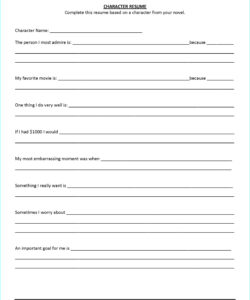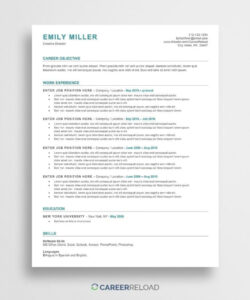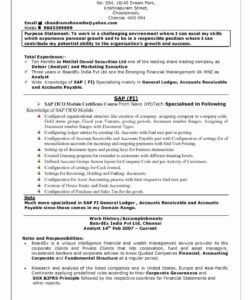Are you bilingual and looking for a job? Including your language skills on your resume can be a great way to stand out from the crowd. In this article, we will discuss how to include bilingual in resume and provide some tips to help you get started.
First, it is important to determine which languages you are proficient in. If you are fluent in more than one language, make sure to list them all on your resume. You can do this by creating a separate section for languages or by including them in your skills section.
How to List Your Language Skills on Your Resume
When listing your language skills on your resume, there are a few things to keep in mind. First, make sure to indicate your level of proficiency. You can do this by using terms such as “native speaker,” “fluent,” “proficient,” or “basic.” Second, provide examples of how you have used your language skills in the past. For example, if you have worked as a translator or interpreter, make sure to include this information on your resume.
Here is an example of how to list your language skills on your resume:
Example:
- Spanish (native speaker)
- English (fluent)
- French (proficient)
How to Highlight Your Language Skills on Your Resume
Once you have listed your language skills on your resume, it is important to highlight them in a way that will catch the employer’s attention. One way to do this is to include specific examples of how you have used your language skills in the past. For example, if you have worked as a translator or interpreter, make sure to include this information in your work experience section.
Another way to highlight your language skills is to include them in your summary or objective statement. For example, you could say something like “Bilingual professional with experience in translation and interpretation seeking a position in a multicultural environment.”
FAQs
Q: How do I list my language skills if I am not fluent?
A: If you are not fluent in a language, you can still list it on your resume. Simply indicate your level of proficiency (e.g. basic, intermediate) and provide examples of how you have used the language in the past.
Q: Should I include my language skills if they are not relevant to the job?
A: If your language skills are not relevant to the job, you may want to consider leaving them off your resume. However, if you are applying for a job in a multicultural environment, your language skills may be an asset.
Q: How do I know if my language skills are relevant to the job?
A: If the job requires you to interact with people who speak a different language, your language skills may be relevant. For example, if you are applying for a job in customer service, your language skills may be an asset if you will be interacting with customers who speak a different language.
Q: How do I prepare for an interview if the job requires language skills?
A: If the job requires language skills, you may be asked to demonstrate your proficiency during the interview. Make sure to practice your language skills beforehand and be prepared to answer questions in the language.
Now you know how to include bilingual in resume. Good luck with your job search!


